Is Cataract Surgery Safe?
Is cataract surgery safe? Learn about the safety, success rate, and potential risks of this common eye procedure to make an informed decision about your vision care.

Written by
Last updated on 3rd Jul, 2025
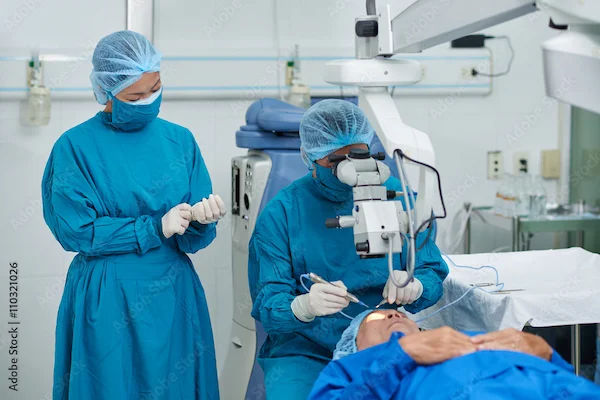
Introduction
Cataracts are a common eye condition, especially as we age. They cause the eye's natural lens to become cloudy, leading to blurry vision, difficulty seeing at night, and faded colours. If left untreated, cataracts can significantly impact daily life. The good news is that cataract surgery is a highly effective and safe procedure to restore clear vision.
If you or a loved one has been diagnosed with cataracts, you may wonder, "Is cataract surgery safe?" Let’s break it down in simple terms.
What Is Cataract Surgery?
Cataract surgery involves removing the cloudy lens and replacing it with an artificial one called an intraocular lens (IOL). The procedure is:
Quick (usually takes 15-30 minutes per eye).
Painless (done under local anaesthesia).
One of the safest and most common surgeries worldwide.
Most people experience improved vision within a few days.
Is Cataract Surgery Safe?
Yes! Cataract surgery has a high success rate (over 98%) and is considered one of the safest surgical procedures. Here’s why:
1. Advanced Technology & Techniques
Laser-assisted cataract surgery allows for greater precision.
Small incisions (stitch-free) reduce healing time.
Customised IOLs can correct vision for distance, near, or astigmatism.
2. Low Risk of Complications
Serious complications are rare. Some mild, temporary side effects may include:
Slight discomfort or itching.
Blurry vision for a few days.
Dry eyes (easily managed with eye drops).
3. Quick Recovery
Most patients resume normal activities within a few days.
Full recovery usually takes 4-6 weeks.
4. Performed by Experienced Surgeons
Ophthalmologists specialising in cataract surgery have extensive training, ensuring safety and effectiveness.
Who Needs Cataract Surgery?
You may need surgery if:
Your vision is blurry even with glasses.
You struggle with night driving due to glare.
Colours appear dull or faded.
Daily activities (reading, watching TV) become difficult.
Your doctor will recommend surgery only when cataracts interfere with your quality of life.
Get Your Eyes Checked Today
How to Prepare for Cataract Surgery?
Here are the key steps you should take before the procedure to get ready both physically and mentally:
Before Surgery:
Eye Examination: Your doctor will measure your eye and select the best IOL.
Discuss Medical History: Inform your doctor about any medications or health conditions.
Use Prescribed Eye Drops: These prevent infection and reduce swelling.
During Surgery:
You’ll be awake but given numbing drops (no pain).
The surgeon makes a tiny incision, removes the cloudy lens, and replaces it with an IOL.
After Surgery:
Rest for a day and avoid strenuous activities.
Use prescribed eye drops to prevent infection.
Wear an eye shield while sleeping for protection.
Avoid rubbing your eyes and protect them from dust and water.
Tips for a Smooth Recovery
Follow doctor’s instructions on medications and follow-ups.
Wear sunglasses outdoors to protect your eyes.
Avoid swimming for at least two weeks.
Eat a healthy diet (leafy greens, fish, and vitamin-rich foods support eye health).
When to Seek Help After Surgery?
While complications are rare, contact your doctor if you experience:
Severe pain or redness.
Sudden vision loss.
Flashes of light or floating spots.
Conclusion
If cataracts are affecting your vision, cataract surgery is a safe, quick, and effective solution. Millions of people undergo this procedure every year and enjoy clearer vision afterward.
If you or a loved one has cataracts, consult an Apollo eye specialist today.
Consult Top Ophthalmologists
Get Your Eyes Checked Today

Dr. Dipak Soni
Ophthalmologist
22 Years • MBBS,DO
Vadodara
Shiv Shakti Eye Clinic Phaco Centre, Vadodara
Dr. S Venkateswaran
Ophthalmologist
35 Years • MBBS, PGD (OPTHALMOLOGY)
Tiruvannamalai
Shiva Eye And General Hospital, Tiruvannamalai

Dr. Anchal Gupta
Ophthalmologist
10 Years • MBBS,MS ( Opthamology )
New Delhi
NETRAM EYE FOUNDATION, New Delhi
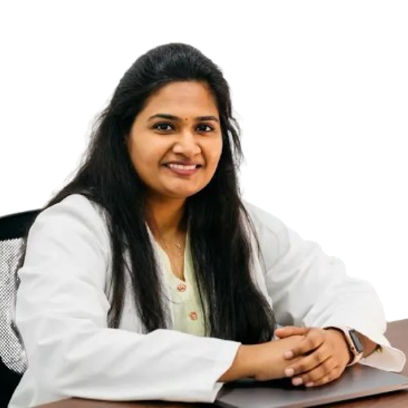
Dr. Sahiti Salguti
Ophthalmologist
10 Years • MBBS,MS Ophthalmology
Hyderabad
Yeshass Nethralaya eye hospital, Hyderabad
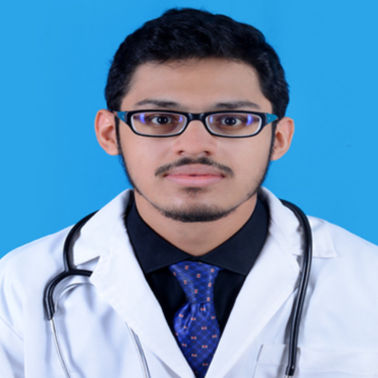
Dr. Syed Saifullah Bokhari
Ophthalmologist
4 Years • MBBS, MS(Ophthalmology)
Bengaluru
Vasan Eye Care, Bengaluru
Consult Top Ophthalmologists

Dr. Dipak Soni
Ophthalmologist
22 Years • MBBS,DO
Vadodara
Shiv Shakti Eye Clinic Phaco Centre, Vadodara
Dr. S Venkateswaran
Ophthalmologist
35 Years • MBBS, PGD (OPTHALMOLOGY)
Tiruvannamalai
Shiva Eye And General Hospital, Tiruvannamalai

Dr. Anchal Gupta
Ophthalmologist
10 Years • MBBS,MS ( Opthamology )
New Delhi
NETRAM EYE FOUNDATION, New Delhi

Dr. Sahiti Salguti
Ophthalmologist
10 Years • MBBS,MS Ophthalmology
Hyderabad
Yeshass Nethralaya eye hospital, Hyderabad

Dr. Syed Saifullah Bokhari
Ophthalmologist
4 Years • MBBS, MS(Ophthalmology)
Bengaluru
Vasan Eye Care, Bengaluru
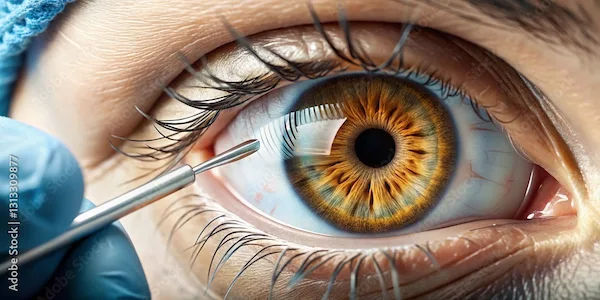
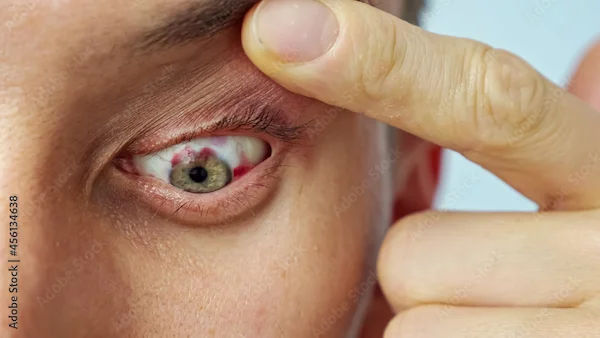
.webp)

_0.webp)